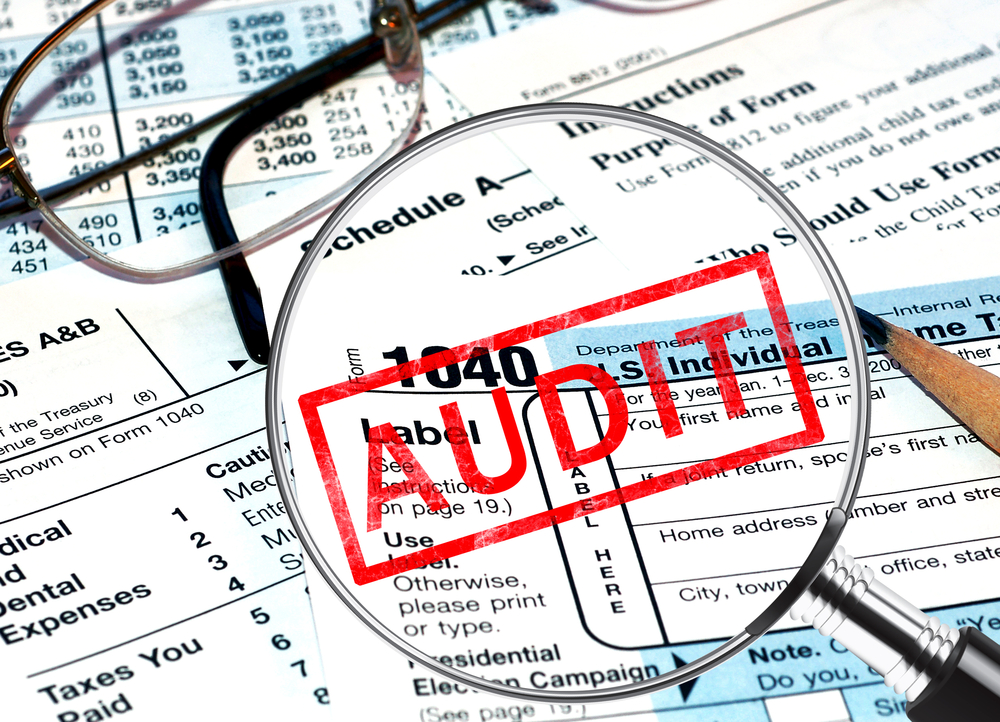
Nobody wants an IRS audit, whether on an individual basis or as a business owner. However, there are some things that can trigger an audit more easily, ranging from overestimating the value of your charitable contributions to simply forgetting to sign paperwork.
To help you steer clear of an IRS audit, our experienced accountant here at AA Tax & Accounting Services has some tips for you to implement.
Form LLC If Self-Employed
For those who are self-employed, forming a corporation—particularly an LLC—can help protect you, as the IRS is more likely to audit the self-employed and small businesses. With an LLC or other form of a corporation, you reduce your tax liability and become eligible for business deductions.
Should you need assistance with incorporating, our accountant can guide you through the process and recommend which type of business structure best suits your business.
Check For Any And All Mathematical Errors On Your Taxes
Even as most tax filers have moved away from paper tax forms and electronic forms are less liable to allow math errors, these mistakes can still crop up. Whether the error is a forgotten deduction or a shifted decimal point, it can trigger an IRS audit.
To prevent mathematical errors from being submitted on your taxes, be sure to carefully review your taxes line-by-line before you file your return. Even if you opt for professional tax preparation, take the time to ensure everything looks right.
Have An Accountant Prepare And Submit Your Tax Return
Working with a tax consultant can help remove the majority of the common errors that people make while filing their own taxes. With an experienced tax consultant to input, review, and file your tax return, you can feel confident when your taxes are submitted to the IRS.
Also, here at AA Tax & Accounting Services, our accounting firm extends an audit promise. If your taxes are filed by our accountant, and an IRS audit comes up due to an error, we will provide free tax resolution services.
Avoid Overestimating Donation Value
If you opt for the new above-the-line cash charitable donation, it isn’t likely to set off an IRS deduction, as that kind of donation is clear-cut. However, if you choose to donate a noncash contribution and it is valued over $500, you can trigger an IRS audit.
For one thing, you will need to fill out Form 8283 for all noncash donations over $500 and may still have the IRS audit you. If your noncash donation is $5,000 or under, you will fill out Form 8283, Section A, and for noncash donations over $5,000, fill out Form 8283, Section B.
These types of donations are prone to abuse and simple overestimation, so you may want to prepare yourself for an audit if you deduct larger, noncash donations from your taxable income.
Review Tax Deductions And Credits Eligibility
Speaking of deductions and tax credits, having incorrect tax deductions and credits can cause the IRS to come and investigate. All tax credits and deductions have clear eligibility guidelines, and some of these deductions and credits can conflict with each other.
Our accountant can help guide you through what tax deductions and credits you are eligible for and appropriately apply them to your tax burden.
Be Sure To Sign Your Tax Return
Lastly, but importantly, you should make sure you sign your tax return. Most electronic filing options will not let you submit your tax return if it isn’t signed, but if you file by paper, you need to be sure that you have signed all the appropriate areas. Otherwise, you may have an IRS audit on your hands.
When you are ready to get your taxes in order with professional assistance, you can contact us to arrange a consultation with your local Cedar City accountant.





